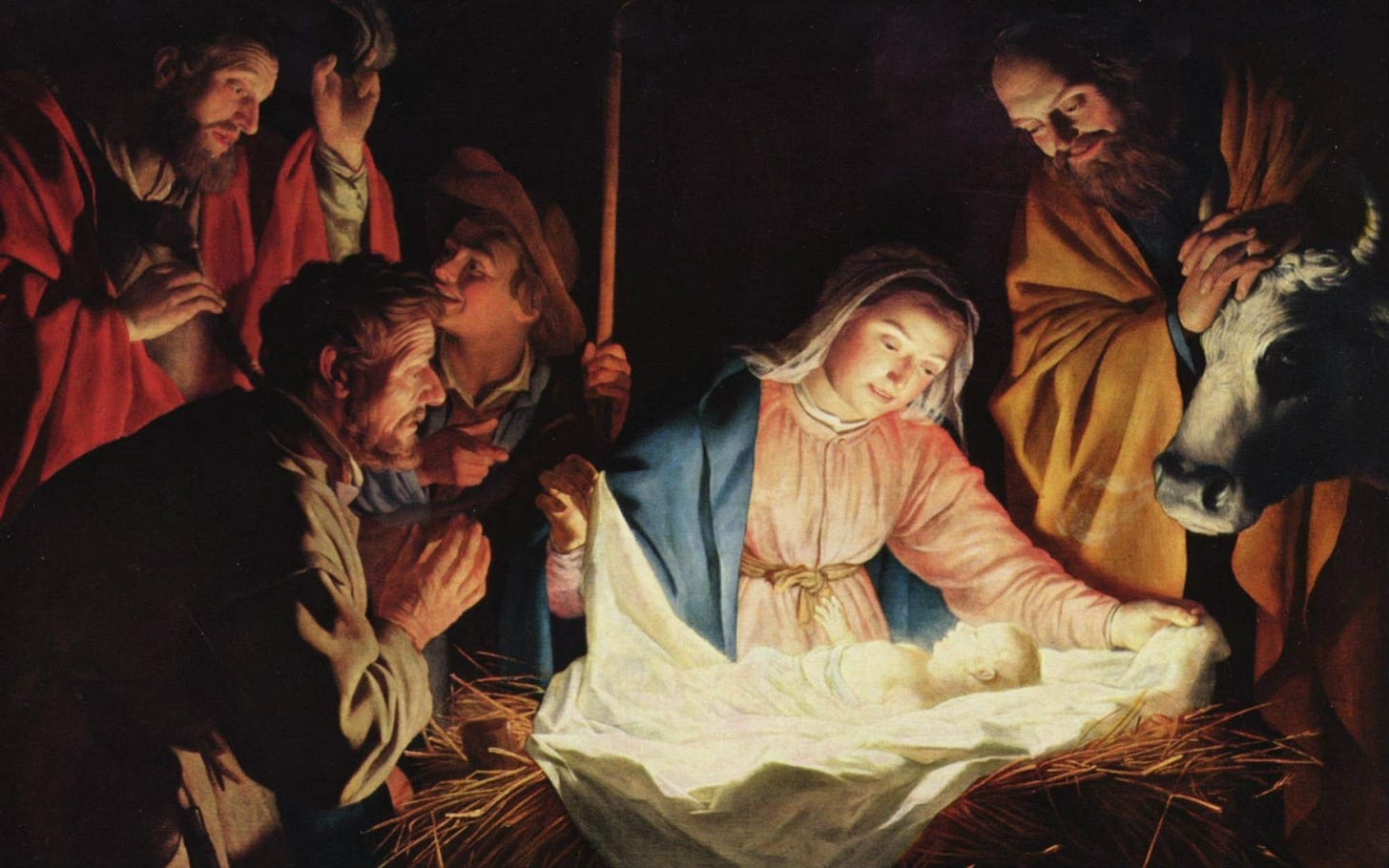A Prophecy Fulfilled, A Promise Kept
For to us a child is born, to us a son is given; and the government will be upon his shoulder, and his name will be called “Wonderful Counselor, Mighty God, Everlasting Father, Prince of Peace.” Of the increase of his government and of peace there will be no end, upon the throne of David, and over his kingdom, to establish it, and to uphold it with justice and with righteousness from this time forth and for evermore. The zeal of the Lord of hosts will do this.
Of the many prophetic passages in the Old Testament, perhaps none is as essential to Christianity as these two verses from Isaiah. Even taken on their own, at face value, they are a prophecy of immense hope, and a promise of limitless value
Spoken at a time when the people of Israel were in disarray, divided between the kings of Judah and Israel, with these verses Isaiah is telling us that though the people of Israel have sinned against God, they have been neither forgotten nor forsaken by God. They have earned God’s wrath, and have received God’s wrath, and yet they have not lost God’s love.
It is a prophecy of hope that reverberates even into today. Who among us has not sinned against God? Who among us has not earned God’s wrath, and perhaps even received it? Yet even we have not lost God’s love. Punishment there shall be, but even then we are neither forgotten nor forsaken.
Yet the prophecy was and is not merely a promise of future benificence. Rather, it is a promise of redemption and salvation. It is a promise given to a people wandering in darkness that God will bring new light and new bounty. A people lost in sin God will find and take back to Himself, to be held close and loved for all time, never to be forsaken.
In the Gospels we see exactly how Jesus fulfilled this prophecy and kept this promise.
When He sent forth His disciples, He charged them to go to the “lost sheep of the House of Israel” (Matthew 10:6).
When the Canaanite woman begged Him to heal her daughter, He first declared that He was sent “only to the lost sheep of Israel.” (Matthew 15:24), yet when her faith did not falter, He rewarded her.
In the Parable of the Lost Sheep (Matthew 18:12-13), He reminds His followers how the good shepherd does not wait for the lost sheep to return, but goes to find him, rejoicing greatly when that sheep is found.
What do you think? If a man has a hundred sheep, and one of them has gone astray, does he not leave the ninety-nine on the mountains and go in search of the one that went astray? And if he finds it, truly, I say to you, he rejoices over it more than over the ninety-nine that never went astray.
Throughout Jesus’ ministry on earth, He sought out those who were lost. He came looking for those wandering in the darkness, seeking the light, and rejoiced greatly when He found them—even when they were not specifically of the House of Israel, as in the case of the Canaanite woman.
This is at the core of what I believe it is to be “Christian”: That God sent into the world a child, born as all men are born, not just “a son” but God’s only begotten Son. That He would seek out and bring back into God’s light all the lost sinners of the world—which is to say all of mankind. That He would bring mankind back to God’s Law, the superior and perfect alternative to man’s laws, which has stood since the beginning of time and will stand until the end of time.
Tomorrow is Christmas—our annual celebration of the day that child was born unto mankind. Tomorrow I pray men pause to remember that in Jesus the prophecy Isaiah gave Judah and Israel centuries before was fulfilled. Tomorrow I pray men pause to reflect that in Jesus God kept the promise Isaiah made to Judah, to Israel, and to us all.
For, to all of us, Jesus was born. To all of us, Jesus, the only begotten Son of God, was given.
And God’s government sits upon His shoulders, so that He might guide all those wandering in the darkness of sin back to God’s Light and God’s Law, where all men may dwell forever.
Merry Christmas.


